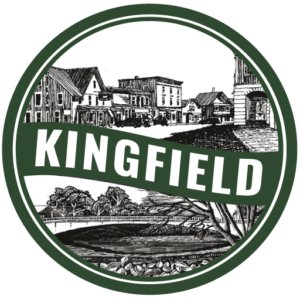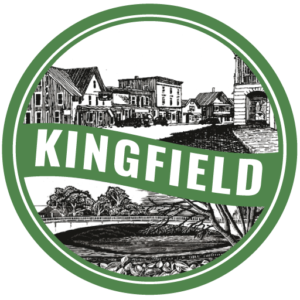Appeals Board:
Van Austin
Gary Cheimis
Kathy Houston
Stephanie Rushton
Kate Spardello
The powers and duties of local boards of appeal are governed by the provisions of State statutes, local ordinances and, in some cases, town or city charters. A board of appeals cannot take any legally enforceable actions unless it has been formally created and unless the action which the board wants to take is specifically or implicitly authorized by a statute, ordinance, or charter provision.
Statutory Appeals Jurisdiction
There are four statutory provisions which give jurisdiction to the appeals board over certain types of appeals.
Zoning Title 30-A § 4353 authorizes the appeals board to hear and decide administrative appeals, interpretation appeals, and requests for variances filed in connection with decisions made under a zoning or shoreland zoning ordinance. That section also authorizes the board to grant special exception or conditional use permits in strict compliance with the ordinance, except where the planning board has been authorized by ordinance to act; in that case, the board of appeals is authorized to hear appeals from such decisions unless the ordinance requires appeals to go directly to Superior Court.
Enforcement Decisions Title 30-A § 2691 authorizes an appeals board to hear and decide appeals from enforcement decisions (i.e. notices of violation or enforcement orders) issued by a code enforcement officer under a land use ordinance, unless a municipality has expressly provided by charter or ordinance that certain decisions from its CEO are only advisory and may not be appealed. The Maine Supreme Court has held that a notice of “no violation” is also appealable, unless a municipality expressly provides otherwise.
Special Amusement Permits Title 30-A § 2691(4) grants jurisdiction to appeals boards over appeals filed under the State law relating to special amusement permits (28-A M.R.S.A. § 1054). A special amusement permit is required from the municipal officers before any licensed liquor establishment can offer “entertainment” as defined in that law. Municipalities are required to have ordinances or regulations spelling out the conditions which an applicant must meet in order to obtain such a permit.
Farmland Registration Law Title 7 M.R.S.A. sections 51-59 establish a process that allows a landowner to register “farmland” as defined with the Department of Agriculture, Conservation, and Forestry. Abutting landowners are prohibited under section 56 from undertaking or allowing “inconsistent development” or “incompatible uses” as defined on their land within 100 feet and 50 feet respectively of properly registered farmland. Municipalities are prohibited from issuing building or use permits for “inconsistent development” or “incompatible uses.” Certain abutting lands are exempt from the prohibition. Section 57 authorizes the board of appeals to grant a variance in limited situations.
